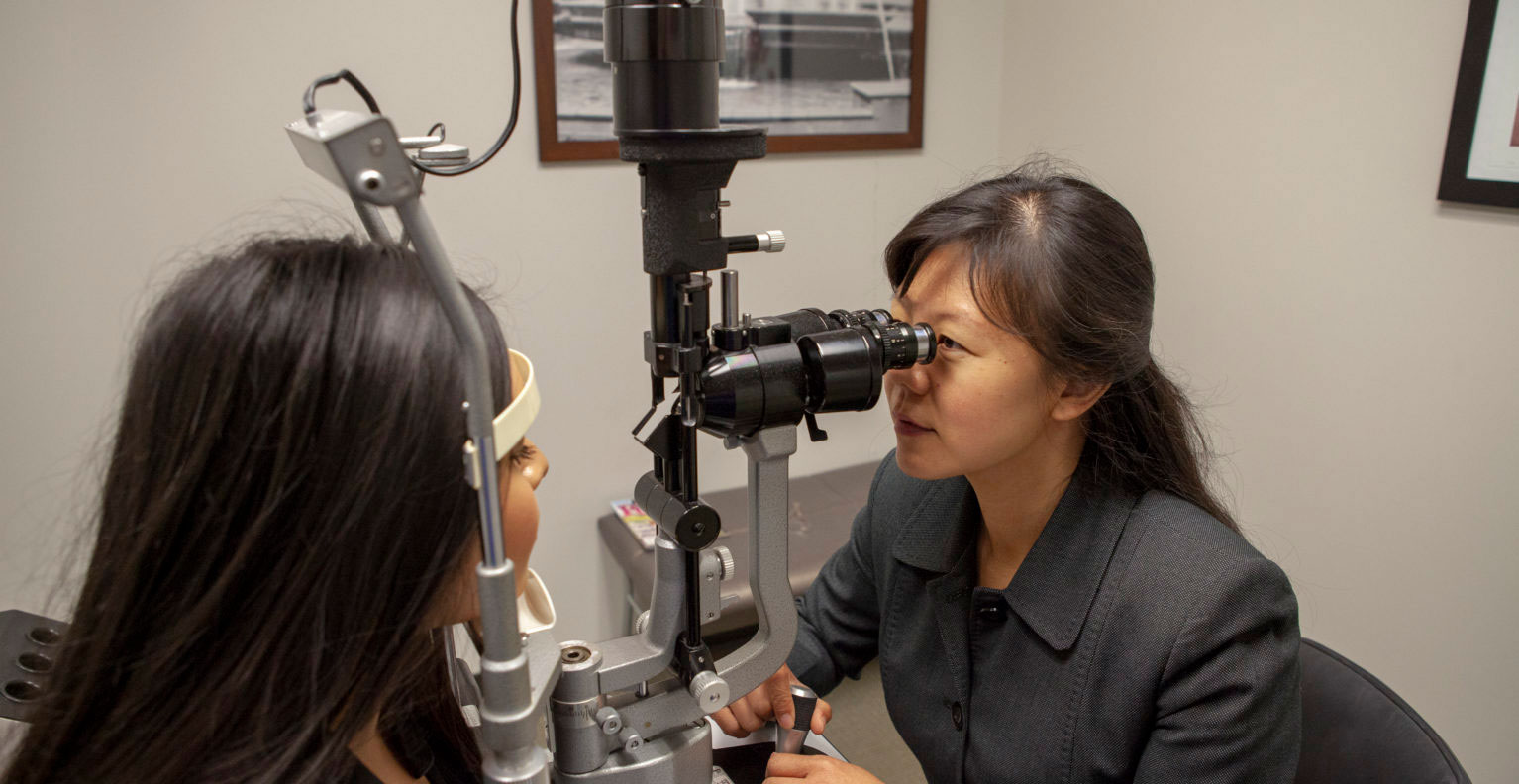You get your annual physical and regular dental check-ups, but do you schedule a routine comprehensive eye exam? You should.
According to the Centers for Disease Control (CDC), of the estimated 61 million US adults at high risk for vision loss, only half visited an eye doctor in the past 12 months.
Even if you see 20/20, regular eye exams by an ophthalmologist or optometrist are critical to the health of your eyes and early detection of common eye diseases like diabetic retinopathy and macular degeneration. These conditions often don’t cause any early symptoms and as a result, can otherwise go unnoticed. However, early detection can lead to timely treatment before you experience any permanent vision loss. Because your eyes can be windows to your overall health, your eye doctor may even spot early signs of other health conditions such as high blood pressure, diabetes, or stroke risk and can work with your primary care physician on a treatment plan.
How often should you have a comprehensive eye exam? The American Academy of Ophthalmology recommends that you get a baseline eye examination at age 40. However, if you have diabetes, high blood pressure, an existing eye disease, or a family history of eye disease, you should see an ophthalmologist before age 40. After your baseline exam, your eye doctor will determine how frequently you should be seen. The risk for developing many eye diseases increases with age. As a result, if you are 65 or older, you should have your eyes checked at least once a year.
What is a comprehensive eye exam? A vision screening that only tests how well you see and doesn’t focus at all on examining the health of your eyes is not a comprehensive exam. An ophthalmologist or optometrist should conduct your exam, checking the complete health of your eyes. A dilated eye exam is always best.
Why is a dilated eye exam important? Administering drops to dilate the pupils of your eyes allows your optometrist or ophthalmologist to see further into the back of your eye and examine the full health of your eye, including the macula, retina and optic nerve. This is important for detecting diabetic eye disease, glaucoma, tumors, retinal detachment, high blood pressure, macular degeneration and a variety of other potentially sight-robbing conditions.
Take action today. Vision loss can often be prevented or reduced if eye conditions are diagnosed and treated early. At Texas Retina Associates, we don’t conduct routine eye exams unless you have already been diagnosed with a retina condition and are under our treatment, but we encourage everyone to see a local ophthalmologist or optometrist as indicated to protect their vision and overall health.


